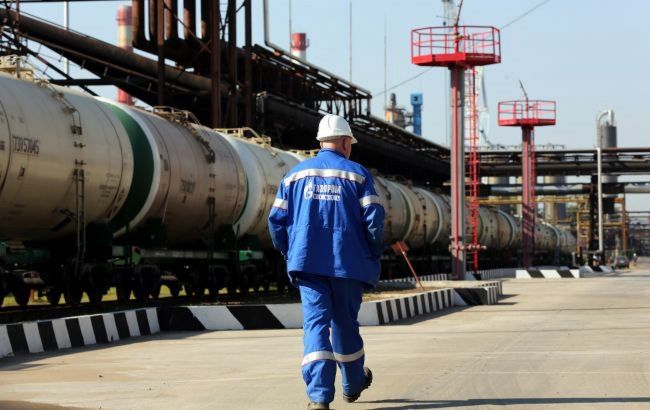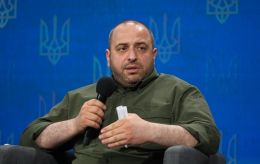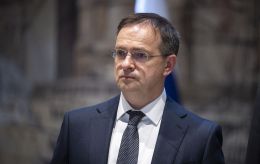Russia raked in over €200 billion from Western fuel sales since invasion of Ukraine — FT
 Photo: Russia received more than 200 billion euros from fuel exports (Getty Images)
Photo: Russia received more than 200 billion euros from fuel exports (Getty Images)
Since the beginning of Russia's full-scale invasion of Ukraine, EU countries have already paid more than 200 billion euros for energy from Russia. Oil and coal are already subject to sanctions, and gas imports are planned to be stopped by 2027, Financial Times reports.
The agency notes that this week, Brussels plans to present new legal mechanisms to completely ban fossil fuel imports from Russia to the EU. This applies to oil, gas, and coal. But at the same time, the solution to another, no less important problem - dependence on Russian nuclear technology - has been postponed.
In 2024, Russia received €22 billion from the EU, of which about €700 million was for nuclear fuel. Despite the small amount, giving up the Russian atom is a much more difficult task than giving up oil or gas.
The reason is technical complexity and high dependence. The European Union has 101 nuclear reactors, 19 of which are Soviet VVERs, which are most dependent on supplies from Russia. About 20-25% of the uranium used in the EU comes from Russia, and many reactors still order spare parts and technical support from Russia.
Energy expert explains the uranium supply chain is very complex, so a gradual approach is needed.
At the same time, EU officials say that the European Commission aims to completely stop importing Russian nuclear technology by the 2030s. But, as stated in the official document, this requires investing at least 241 billion euros in the development of its nuclear fuel supply chain.
EU ministers will consider this issue during a special meeting on Monday, where they will discuss the future of nuclear energy and the necessary investments.
However, this will not be easy to implement - Russia dominates the nuclear market, and this is a serious problem.
Nuclear energy expert says Rosatom is one of the largest companies in all sectors of nuclear energy.
The new package of EU sanctions against Russia has not yet had much impact. Therefore, in 2025, Russia may receive more money from exporting raw materials and energy to the European Union than the EU spends on military aid to Ukraine.

